DESCRIPTION OF LAB RESEARCH WORK
Chemical biology – Developing peptide and protein chemistry methods for structure-function studies, such as elucidation of post-translational modifications.
Drug discovery and biotechnology – Developing biotechnological and chemical tools for the discovery and development of peptide- and protein-based therapeutics. Structure-based drug design and medicinal chemistry.
LAB MEMBERS
 | LEAD PI
LIU Chuan Fa Professor Email: cfliu@ntu.edu.sg Phone: +65 6316 2867 Office: sbs-03s-85 |
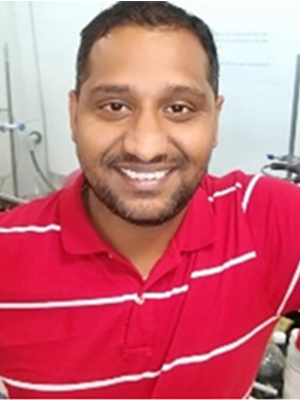 | BALAMKUNDU Seetharamsing
Senior Research Fellow Email: seetharamsing.b@ntu.edu.sg |
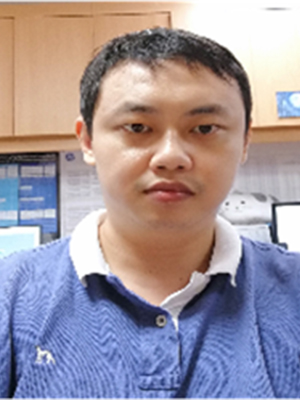 | LI Fupeng
Research Fellow Email: fupengli@ntu.edu.sg |
 | CHEN Tao
Visiting Scholar Email: cs-tao.chen@ntu.edu.sg |
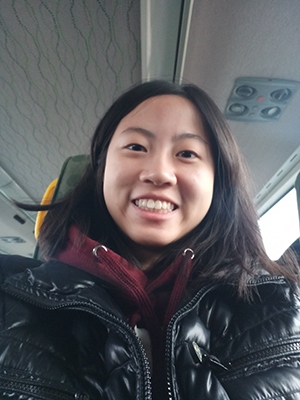 | LI Megan
Project Officer Email: megan.lee@ntu.edu.sg |
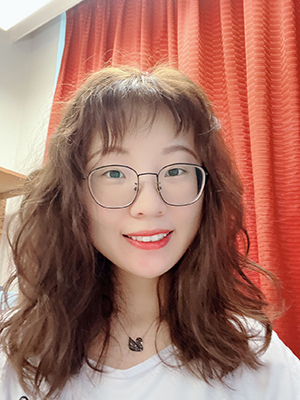 | LI Hongxia
PhD student Email: HONGXIA001@e.ntu.edu.sg |
 | LIU Jiayong
PhD student Email: JIAYONG001@e.ntu.edu.sg |
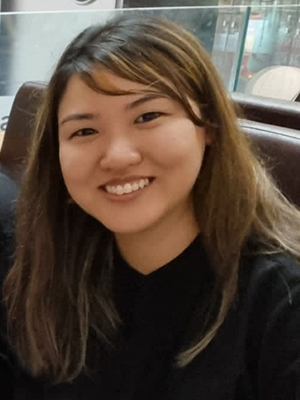 | LYE Mun Leng
PhD student Email: MUNLENG002@e.ntu.edu.sg |
 | SNG Yue Hui Dickson
PhD student Email: SNGY0015@e.ntu.edu.sg |
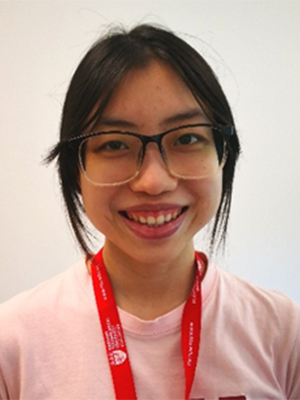 | XIA Yiyin
Research Fellow Email: yiyin.xia@ntu.yiyin.xia@ntu.edu.sg.sg |
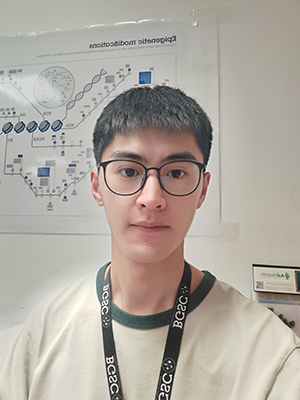 | QIU Jicheng
Visiting PhD student Email: N2208061G@e.ntu.edu.sg |
CURRENT PROJECTS
Chemical biology and protein structure-function studies
Post-translational modification (PTM) is a fundamental mechanism employed by living organisms to regulate protein functions. Aberrant protein PTMs are implicated in disease conditions. We have developed highly efficient chemo-enzymatic peptide ligation and site-specific protein modification methods which can be used to prepare proteins containing specific PTMs. This provides invaluable reagents to elucidate the functional effects of PTMs and study structure-function relations. In particular, protein ubiquitination has been a primary focus area. We welcome opportunities of collaboration with colleagues in the fields of epigenetics, biophysics and structural biology.
Biotechnology and biologics drug development
We have been developing innovative approaches to improve and enhance the pharmacological activity of bioactive peptides and proteins as next-generation biologics. One type of biologics we are currently interested in is antibody-drug conjugates (ADCs). We have built a chemo-enzymatic bioconjugation technology platform for the precision biomanufacturing of homogeneous ADCs. This will lead to the development of a new generation of bioconjugate biologic therapies with much improved efficacy and safety profiles for the treatment of cancer and other diseases.
Medicinal Chemistry: Development of drugs against malaria parasites
With the emergence of multidrug-resistant malaria parasites, there is an urgent need to develop new antimalarial drugs with completely new mechanisms of action. This project involves optimization of lead compounds previously identified from the sources of natural products and synthetic compounds through structure-based drug design and structure-activity relationship studies. We aim to discover unique and clinically suitable chemical entities that have novel chemical scaffolds and exert their activity on novel targets as new antimalarial drug candidates to combat drug-resistant parasites in the field.
Peptide chemistry, peptidomimetics and peptide-based antimicrobial agents
Our lab has a long tradition in peptide chemistry research. The current project in this area involves developing new methods for the convenient synthesis of peptides and peptidomimetics using the solid phase peptide synthesis (SPPS) technique. An application of these methods is in the development of anti-microbial peptides against antibiotic-resistant bacterial strains.
PUBLICATIONS
- Yiyin Xia, Fupeng Li, Xiaohong Zhang, Seetharamsing Balamkundu, Fan Tang, Side Hu, Julien Lescar, James P Tam, Chuan-Fa Liu (2023). A Cascade Enzymatic Reaction Scheme for Irreversible Transpeptidative Protein Ligation.J. Am. Chem. Soc., 145 (12), 6838–6844.
- Xinya Hemu, Ning‐Yu Chan, Heng Tai Liew, Side Hu, Xiaohong Zhang, Aida Serra, Julien Lescar, Chuan‐Fa Liu, James P Tam (2023). Substrate-binding glycine residues are major determinants for hydrolase and ligase activity of plant legumains. New Phytologist, 238 (4), 1534–1545.
- Side Hu, Abbas El Sahili, Srujana Kishore, Yee Hwa Wong, Xinya Hemu, Boon Chong Goh, Zhen Wang, James P. Tam, Chuan-Fa Liu, and Julien Lescar (2022). Structural basis for substrate recognition, ligation and activation by a hyperactive Asn peptide ligase from Viola yedoensis. The Plant Cell, 34 (12), 4936–4949.
- Dingpeng Zhang, Zhen Wang, Side Hu, Ning-Yu Chan, Heng Tai Liew, Julien Lescar, James P. Tam, and Chuan-Fa Liu (2022). Asparaginyl Endopeptidase-Mediated Protein C-Terminal Hydrazinolysis for the Synthesis of Bioconjugates. Bioconjugate Chemistry, 33 (1), 238–247.
- Dingpeng Zhang, Zhen Wang, Side Hu, Julien Lescar, James P. Tam, and Chuan-Fa Liu (2022). Vypal2: A Versatile Peptide Ligase for Precision Tailoring of Proteins. Int. J. Mol. Sci., 23 (1): 458.
- Heng Tai Liew, Janet To, Xiaohong Zhang, Xinya Hemu, Ning-Yu Chan, Aida Serra, Siu Kwan Sze, Chuan-Fa Liu and James P. Tam. The legumain McPAL1 from Momordica cochinchinensis is a highly stable Asx-specific splicing enzyme. J. Biol. Chem., 297 (6): 101325.
- Muhammad Shoaib, Qinming Chen, Xiangyan Shi, Nidhi Nair, Chinmayi Prasanna, Renliang Yang, David Walter, Klaus S. Frederiksen, Hjorleifur Einarsson, J. Peter Svensson, Chuan Fa Liu, Karl Ekwall, Mads Lerdrup, Lars Nordenskiöld & Claus S. Sørensen (2021). Histone H4 lysine 20 mono-methylation directly facilitates chromatin openness and promotes transcription of housekeeping genes. Nature Communications, 12: 4800.
- Yiyin Xia, Janet To, Ning-Yu Chan, Side Hu, Heng Tai Liew, Seetharamsing Balamkundu, Xiaohong Zhang, Julien Lescar, Surajit Bhattacharjya, James P. Tam, and Chuan-Fa Liu (2021). Nγ-Hydroxyasparagine: A Multifunctional Unnatural Amino Acid That is a Good P1 Substrate of Asparaginyl Peptide Ligases. Angew. Chem. Intl. Ed., 60 (41), 22207–22211.
- Dingpeng Zhang, Zhen Wang, Side Hu, Seetharamsingh Balamkundu, Janet To, Xiaohong Zhang, Julien Lescar, James P. Tam and Chuan-Fa Liu (2021). pH-controlled protein orthogonal ligation using asparaginyl peptide ligases. J. Am. Chem. Soc., 143 (23), 8704–8712.
- Zhen Wang, Dingpeng Zhang, Xinya Hemu, Side Hu, Janet To, Xiaohong Zhang, Julien Lescar, James P. Tam and Chuan-Fa Liu (2021). Engineering protein theranostics using bio-orthogonal asparaginyl peptide ligases. Theranostics, 11(12), 5863–5875.

